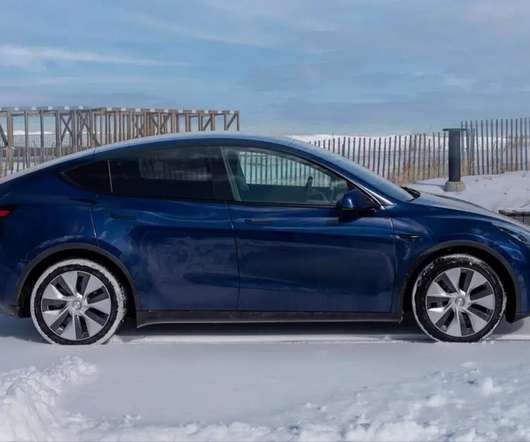New Illinois law raises speed limit to 70 mph on rural highways
Green Car Congress
AUGUST 22, 2013
A study by researchers at Oak Ridge National Laboratory found that increasing a vehicle’s speed from 60 to 70 mph results in an average 14% decrease in fuel economy. Earlier post.). The bill passed with bipartisan support in both chambers. The law is effective 1 January 2014.



















Let's personalize your content